Automotive
Global and regional customers count on us to deliver game-changing ideas and materials solutions.
We collaborate with customers and suppliers across every vehicle sector. With support from hundreds of DuPont engineers, researchers, and scientists, we help customers achieve results in:
• Electrification and advanced mobility
• Safety, durability, and lightweighting
• Advanced engineering
• Part design, consolidation, and testing
• Improved efficiencies
Innovative materials solutions
Our products are backed by people who have extensive expertise in application development, testing, and quality.
Centers of Excellence
We can help you advance automotive design and manufacturing.
Teams at our global Centers of Excellence for Automotive Electrification have the expertise that can identify and create solutions for even your most difficult challenges.
Case studies and related content
See how we collaborate with OEMs and suppliers to contribute to their success. Is your story next?
https://www.dupont.com/mobility/contact-us-form.html?dfp=subscribe




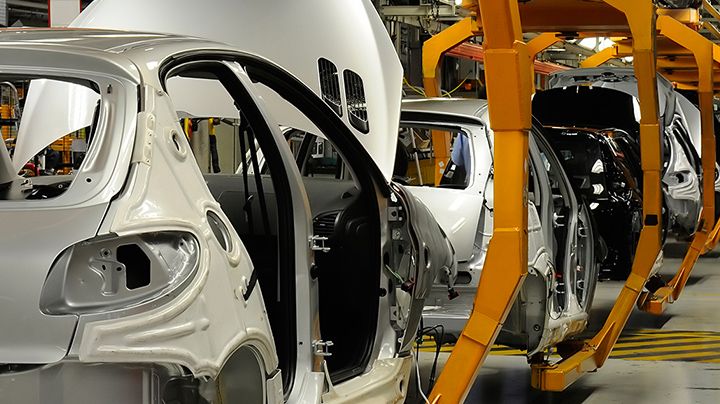

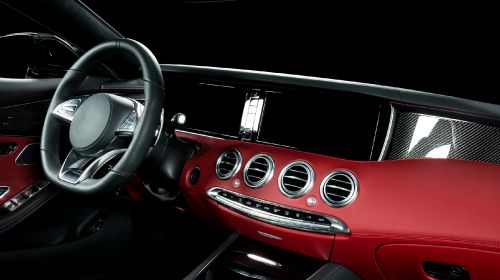
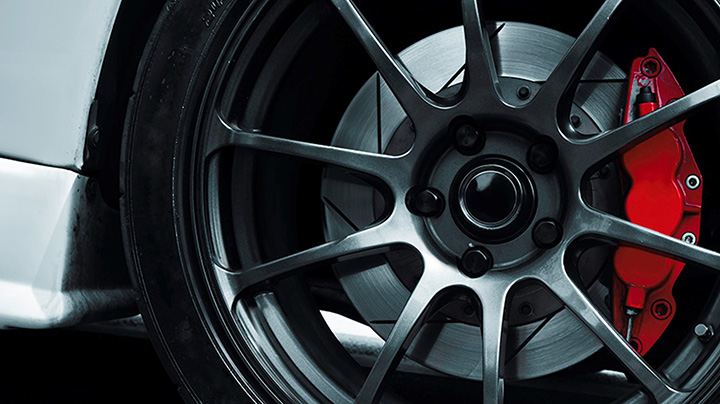


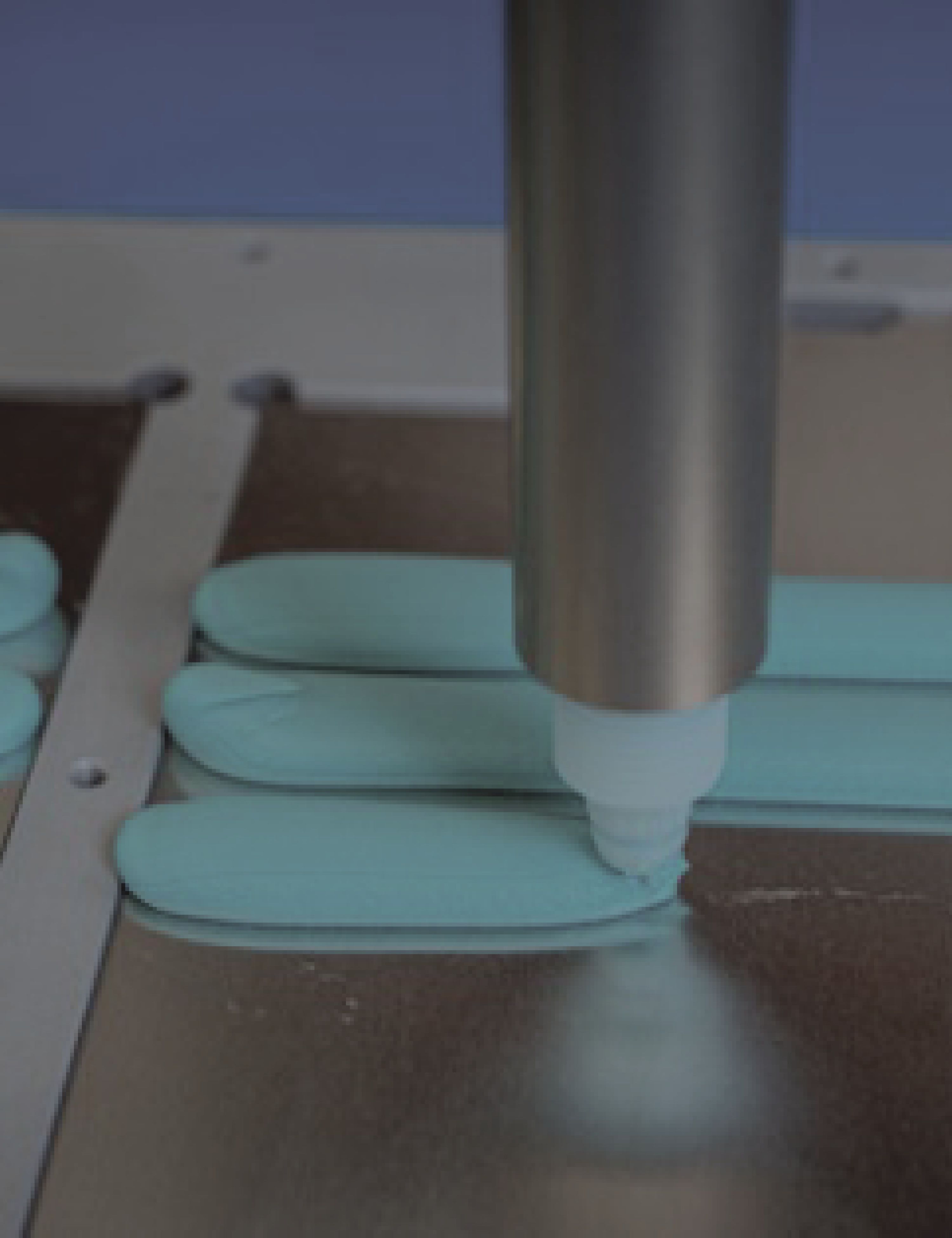
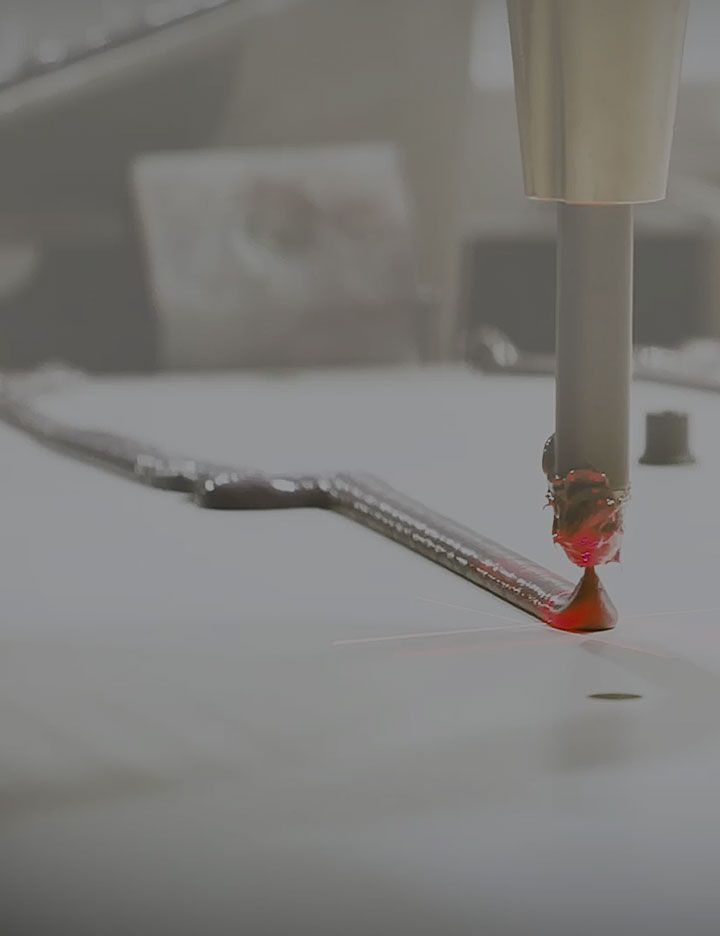
)

